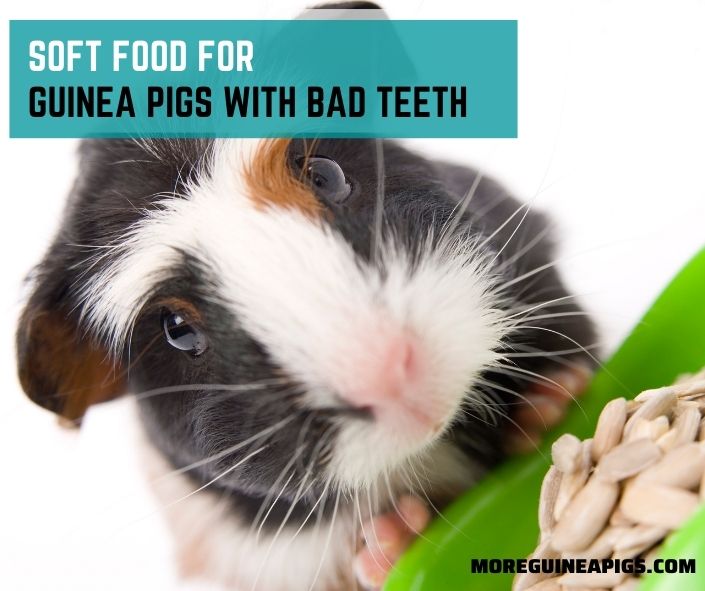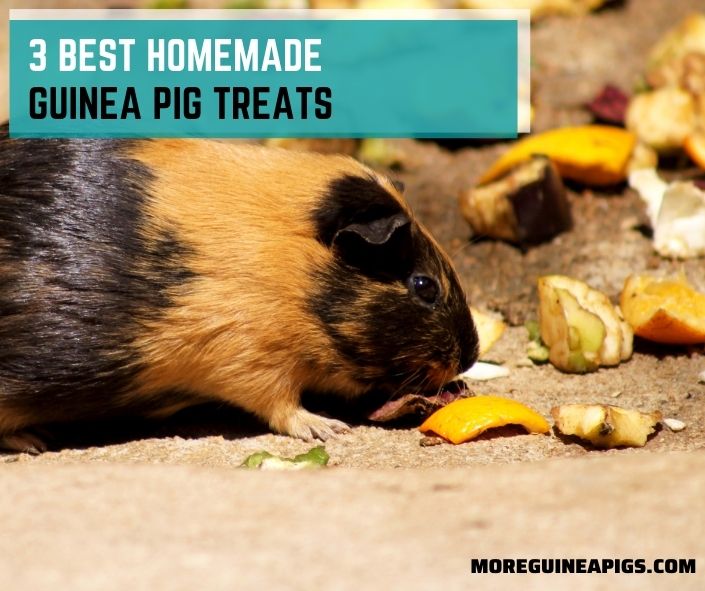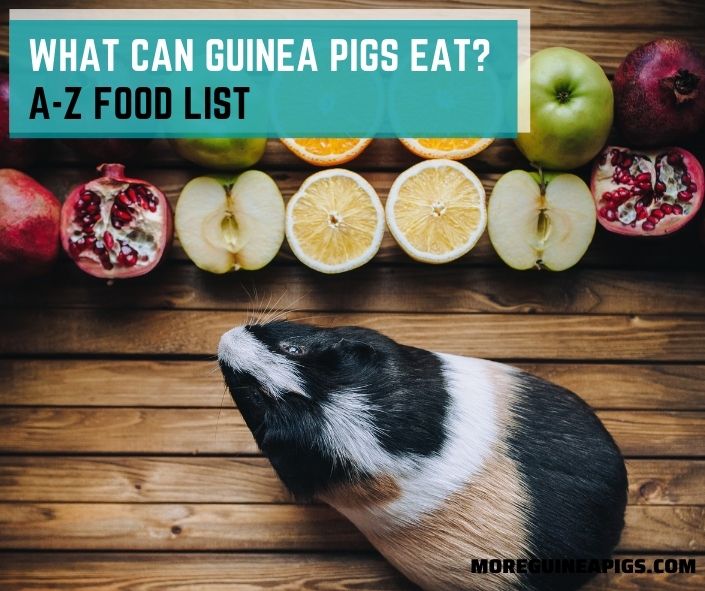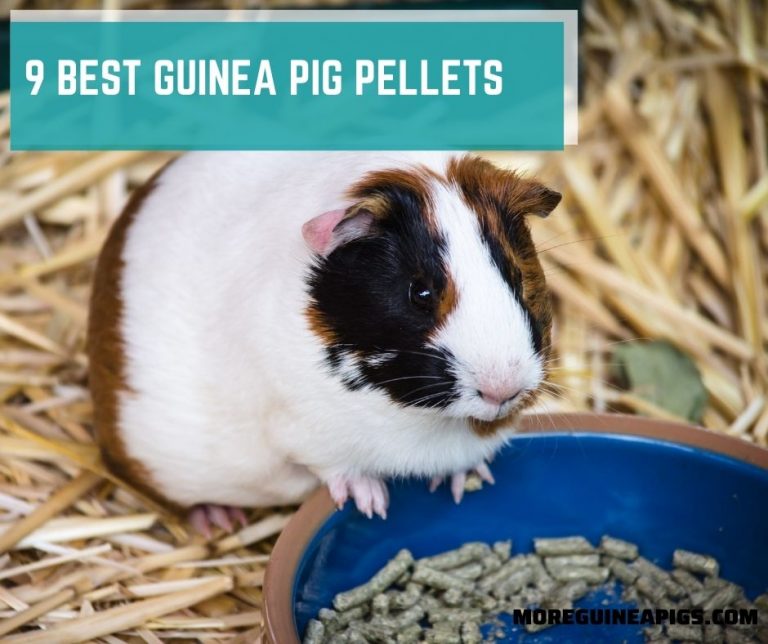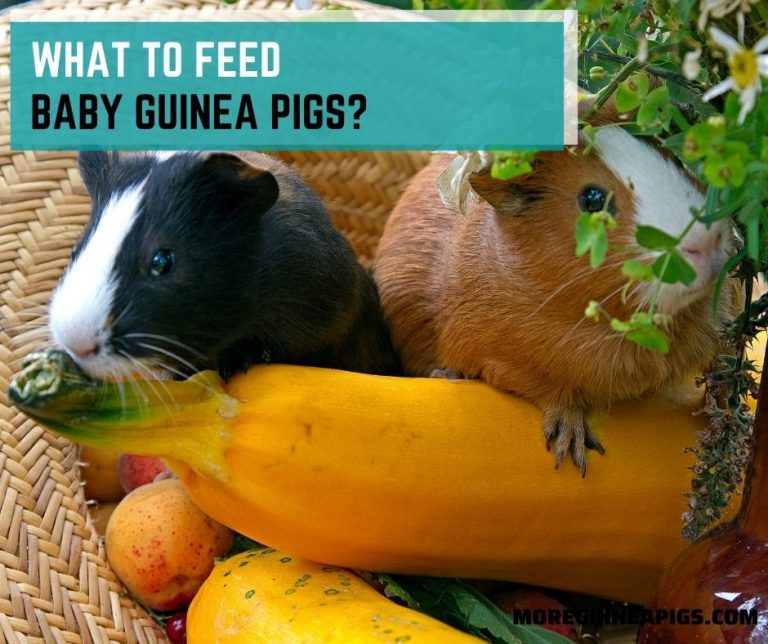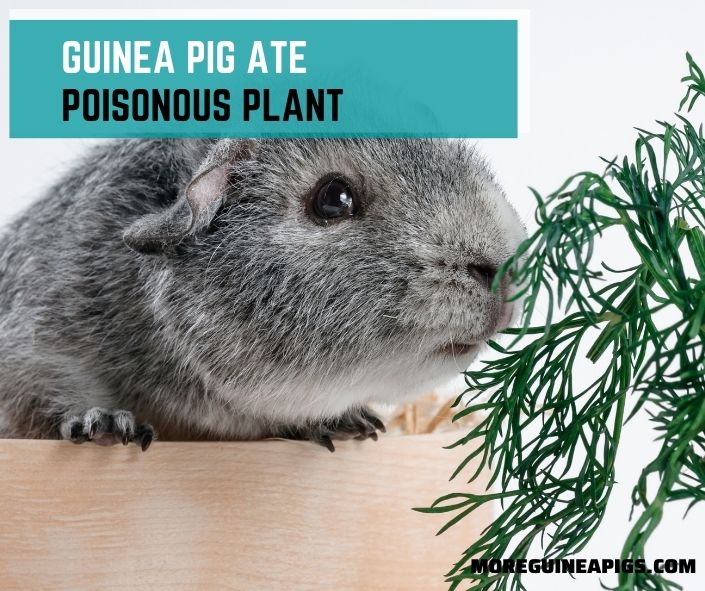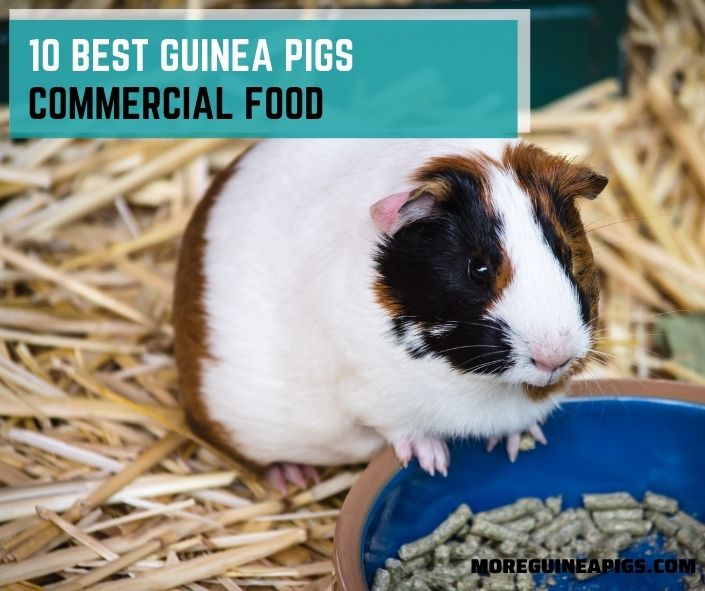Soft Food for Guinea Pigs with Bad Teeth
Have you ever been astonished why your cavy is always gnawing on something? In a normal guinea pig, the chewing, biting, or grinding of foods such as veggies, herbs, or hays will maintain their teeth healthy for quite a long time.
Guinea pig’s dental care is necessary and quite simple; however, if your guinea pigs experience bad teeth, you will need to offer soft food.
This article will enlighten you on soft food for guinea pigs with dental or bad teeth and other vital information.
Why Do You Need to Offer Soft Food for Guinea Pigs?
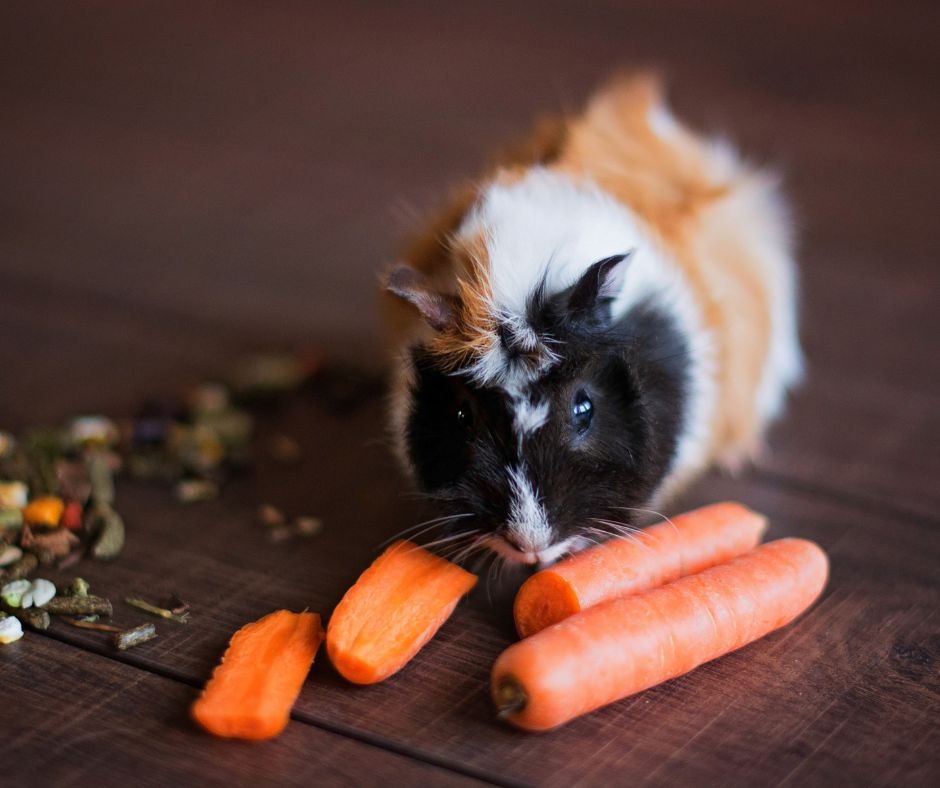
If guinea pigs cannot eat or chew hard foods, soft foods are preferred. Decreased/no appetite for food can spin out of control, risking the piggy’s life. Hence, there is a need to act quickly.
Edentulous diet refers to physically soft food and beverages (thick and semi-liquid). It will alleviate the need to chew the food, preferably cavies with difficulty chewing food.
Improper alignment of the teeth and overgrown will pierce the jaws and gums, causing dental abscess leading to problems of teeth and jaws.
As a result, your guinea pigs will have difficulty chewing hard food like grasses, hays, herbs, and vegetables. This will prompt you to hand feed your guinea pig with soft pellets.
To achieve that, you will mix the commercial pellets you bought with warm water until it becomes smooth and semi-liquid. After that, syringe-feed slowly, then as you progress, you will take it straight off the spoon-feeding.
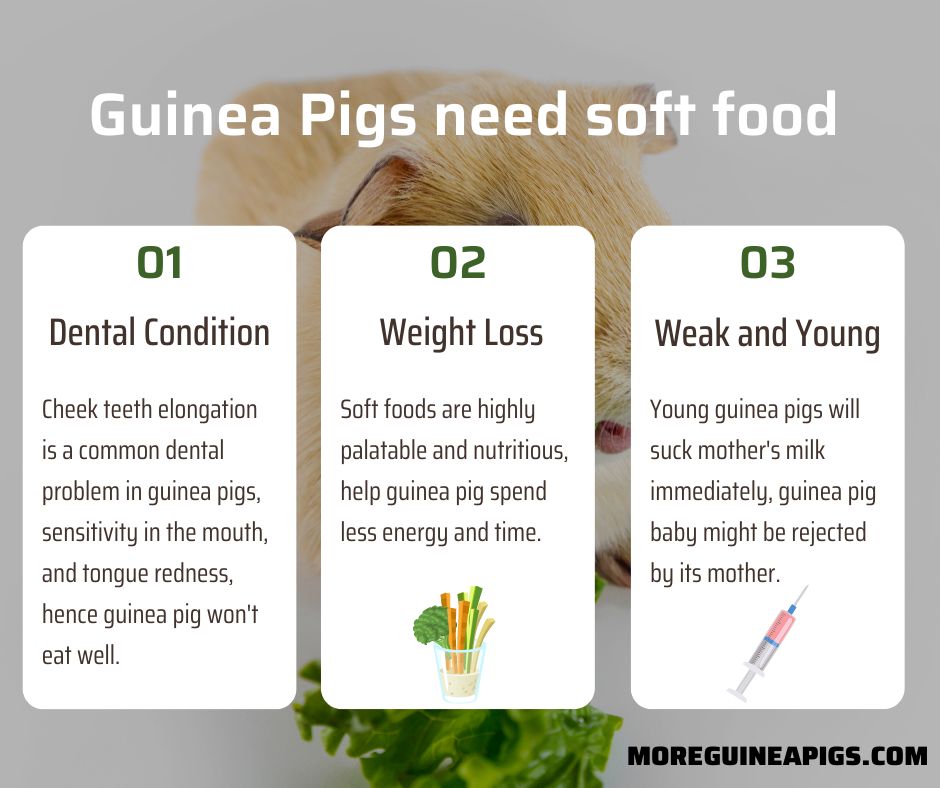
Dental Condition Led to Stop Eat or Noticeably Decreased Appetite
The teeth of guinea pigs grow continuously, and as they chew fibrous food, these teeth wear out. Cheek teeth elongation is a common dental problem in guinea pigs.
The condition mostly affects the bottom jaw to the extent of entrapping the tongue wholly. Subsequently, the tongue will be prevented from normal movement; hence, your guinea pig won’t eat well.
Such a dental problem causes reduced appetite, sensitivity in the mouth, and tongue redness. Other forms of bad teeth are; incisor problems and lengthening of tooth roots. This will make your guinea pig not chew.
If left untreated, consequences may include weight loss, mouth bleeds, and even death. It is advisable to take your cavy to the vet for evaluation.
Sudden or Severe Weight Loss
Feeding soft foods to guinea pigs with dental problems has considerable importance. For instance, soft foods are easy to digest and will make the hindgut of your guinea pigs remain open and active.
In addition, soft foods are highly palatable and nutritious; hence, they will fight microorganisms causing diseases that make guinea pigs ill.
Your guinea pig will have something nutritious to munch on and no worries of weight loss or any other health complications.
Moreover, soft foods are important in transitioning your guinea pigs from liquids to normal diets recovering from dental problems.
Soft foods help your guinea pig spend less energy and time, especially in foods that are hard to chew and swallow while experiencing bad teeth problems.
Weak and Young Guinea Pigs
Young guinea pigs will suck mother’s milk immediately after birth within the first few days before moving stepwise onto solid diets. However, your guinea pig baby might be rejected by its mother.
You will force-feed it on soft diets either through spoon-feeding or syringe feeding until it reaches a point it can feed on solid diets like veggies.
Weak guinea pigs are less energetic and have a reduced appetite for food and water.
It is crucial when you chip in to assist your cavy as it may die. Soft diets will make it have an appetite for food and regain strength until it fully recovers.
Vet note: When we are feeding a diet like this, the teeth are not doing their job and can easily overgrow. We must offer foods like hay ASAP. Feeding like this is only a very temporary measure.
DR.Linda
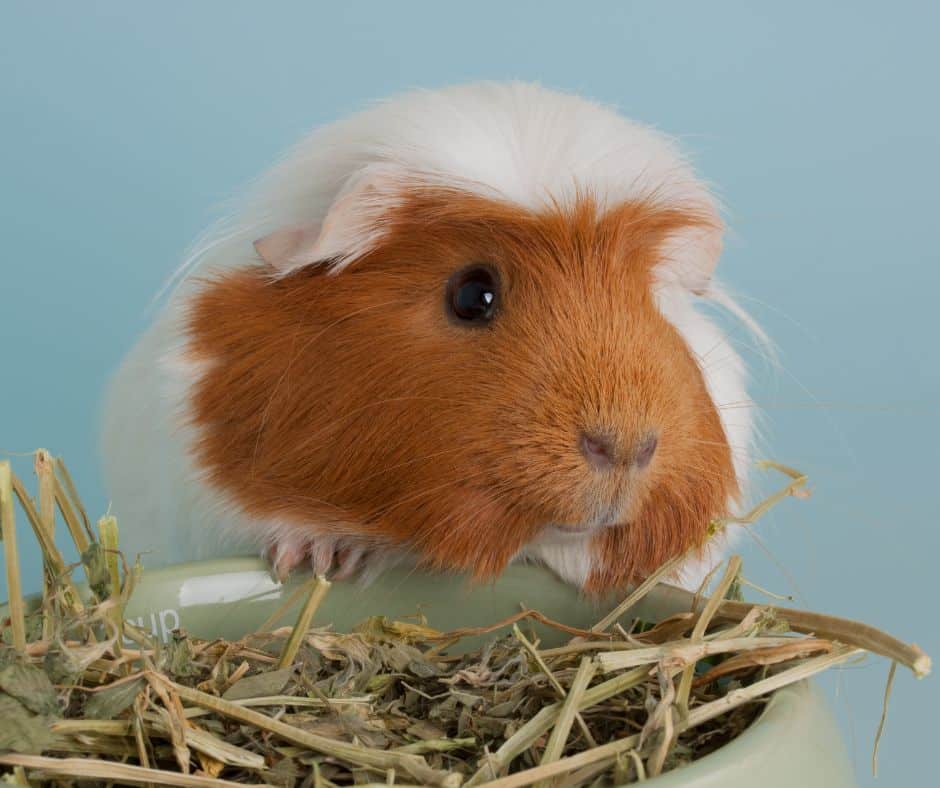
What Soft Foods Can Guinea Pigs Eat?
Perhaps your guinea pig is experiencing a dental problem, and you don’t know which soft foods to offer? Call it a problem solved now. Guinea pigs have a pretty big list of edible foods and plenty of options for soft foods.
The topmost and most nutritious soft foods to give your guinea pig vary from pellets that have been soaked or blended, leafy vegetables and herbs, and smoothies/juices. Let’s deep-dive into each food option below!
Pellets are Made Soft or Crushed Pellets
Pellets are finely ground mash feed converted into compact, free-flowing particles or capsules. It’s a product from a variety of mixtures, for instance, Timothy hay, grasses, herbs, vegetables, and fruits, to make a full diet.
To soften pellets for feeding your guinea pigs, add warm water and stir thoroughly to form a smooth texture. After that, feed your guinea pig 1/8th cup (approximately 30ml) of the smooth pellets made per day.
Avoid feeding the soft pellets at free choice by all means to avoid health issues like obesity. I’m saying this because your piggy may be fond of the food and want to have more of it.
Leafy Vegetables and Herbs
Leafy vegetables and herbs include the soft branches, stems, leaves, and any other juicy part of the plant, which is nontoxic to the guinea pigs.
Based on the body demands in terms of nutritional needs, age, and weight of your guinea pigs, you will feed them adequately on fresh foods rich in Vitamin C.
Wash the vegetables and herbs with clean and sufficient water to remove any dirt and chemicals that will interfere with your guinea pigs’ health. Cut them into smaller pieces, for instance, 1/8th or even less than that.
Put the mixture into the container and shake thoroughly to mix well, after which you can feed it to your guinea pigs.
Smoothies Or Juices
Smoothies or juices (a thick beverage) can be made from blended raw fruits high in Vitamin C.
For instance, if you wish for a smoothie of kale and carrots, wash the kales and place them into some juicer.
Wash the carrots and stick one with the kales. Add some dandelion leaves; slice one apple and cut the cucumber in half. Mix thoroughly till a smooth texture is formed.
How to Offer Soft Food for Guinea Pigs
If your piggy exhibits a decreased appetite from an ongoing dental condition, syringe feeding is the way to go. Aim to prepare a super thick liquid food, and provide about 1ml of water for every 5ml of food.
It will help to avoid choking and dehydration issues. Note that too watery food has very minimal nutrients. Aim to syringe feed slowly; ideally, go with the pace of your guinea pig.
Administer around 20-30 ml of the food solution each feeding time. Feed after every 4-5 hours. Note if the pig’s health is progressing well; if not, it’s imperative to seek help from your vet.
With time, your pig may be more secure eating from a teaspoon instead of a syringe. Don’t hesitate to shift to hand feeding, and of course, with a teaspoon. Working with your veterinarian is crucial to know the exact amount to offer.
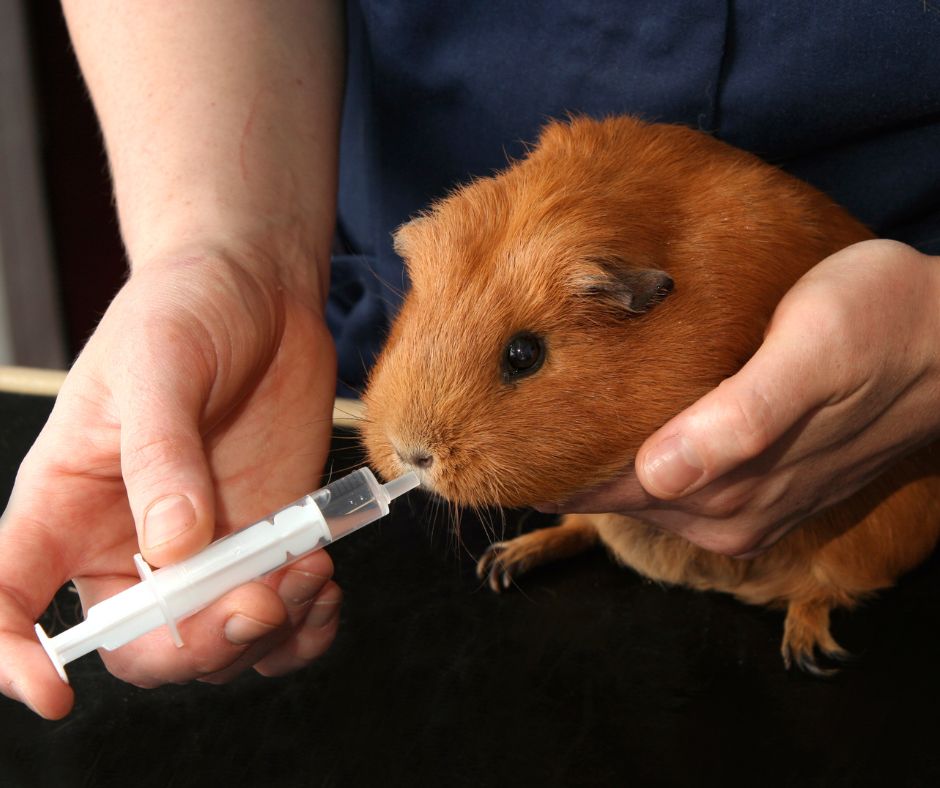
How Do You Know Your Guinea Pig Is Ready for A Normal Diet?
Your guinea pig will start to feed on slightly hard veggies, herbs, hays, and grasses. He will not require your assistance to force-feed it using a spoon or syringe.
It will try to fidget and slightly rebel when you force-feed it on soft diets. Ideally, you should take your vet to check if the pet is fully recovered from dental or bad teeth problems.
Four Paws Healthy Promise Dog & Cat Supplements
In Short
When your guinea pig has a teeth problem, it can get hurt and reject hard foods due to pain. In such a scenario, it’s imperative to act quickly and help your pet feed to prevent its health from deteriorating.
Soft foods are recommended if your piggy has dental problems. You can choose to use a syringe or hand-feed soft food if the pig can’t eat them from the dish.
